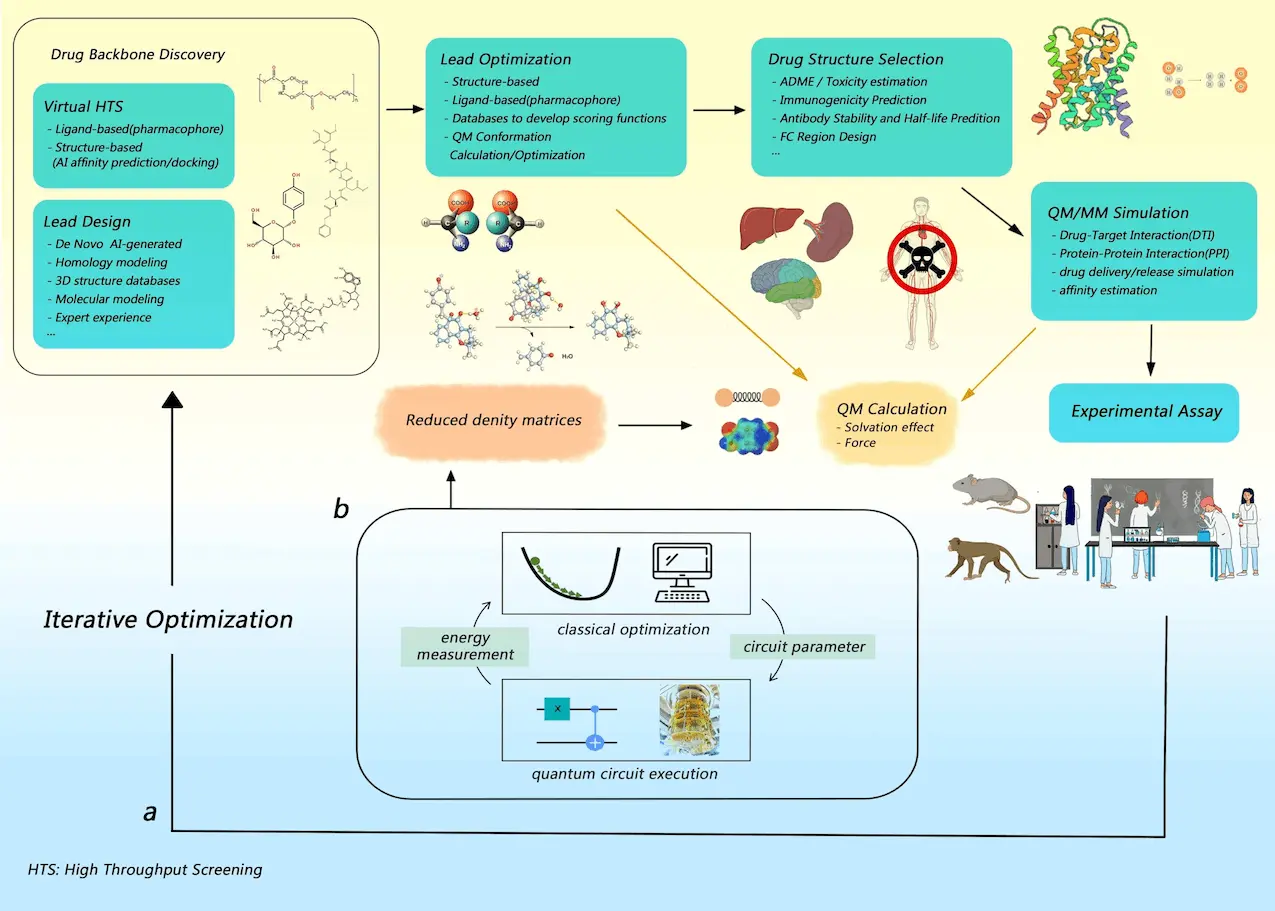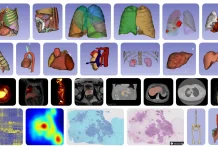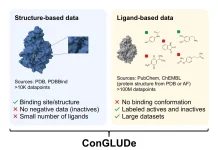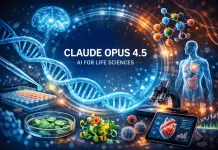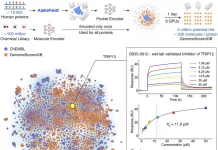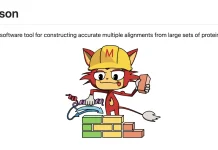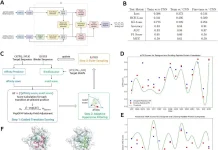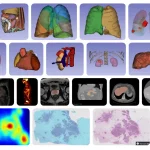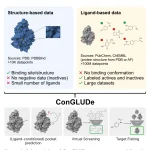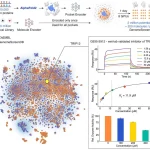Scientists from Tencent Quantum Lab and China Pharmaceutical University, China, introduced an innovative hybrid quantum computing pipeline developed to address the challenges of real-world drug discovery. This new approach is expected to transform the pharmaceutical industry by reducing the time to develop drugs and enhancing therapeutic success. The need to create up-to-date medications for intricate diseases has led to several improvements in medicine. Drug discovery is an exhausting and time-consuming endeavor. However, the integration of quantum computing into this vital area offers hope.
The Challenge of Drug Discovery
The drug discovery process is a highly intricate and often tedious one. Regardless of the progress made, the road to creating new therapies remains problematic, facing challenges such as:
The Enormous Chemical Space – The overwhelmingly large number of potential molecules that could be used as drugs form the vast chemical space constituting drug discovery, the sheer size of the chemical space is one of the most daunting aspects. It’s like looking for a needle inside a cosmic haystack because there are billions or even trillions of alternatives.
Complex Biological Systems- The human body system is very complicated. Understanding how a drug interacts with biological targets, such as proteins or enzymes, is like solving an intricate puzzle. The drug discovery process has several levels of complexity, including factors like protein flexibility, dynamic interactions, and the influence of the cellular environment.
Computational Limitations- Despite the fact that traditional computational methods are invaluable, they often seem to lag in meeting modern demands in drug discovery. Therefore, simulating complex molecular interactions and predicting drug efficacy can be computationally time-consuming and intensive. That means it could be hard to efficiently search through many possible drug candidates.
High Failure Rates- Naturally, the drug discovery process is highly characterized by inefficiency. Most potential compounds fail clinical trials due to lack of efficacy, toxicity, or other causes. This high attrition rate results in significant financial investments and prolonged timelines for developing new drugs.
These challenges highlight the pressing need for novel approaches to expedite drug discovery and increase its likelihood of success.
Quantum Computing: A Game-Changer
The possibility of quantum computing is highly attractive because it can handle a lot of data simultaneously. Quantum computers can tackle problems that ordinary computers cannot, using principles derived from quantum mechanics. In drug discovery, quantum mechanics plays a crucial role in simulating complex molecular systems, predicting drug-target interactions, and optimizing drug design at an unprecedented level of speed and accuracy.
A Hybrid Approach
Despite its breakthrough potential, the authors recognized that quantum computing was still early. To address this gap between theoretical potential and practical application, they developed a hybrid pipeline for quantum computing. This method combines classical computational approaches with those based on quantum computation, creating a powerful framework applicable to drug discovery purposes.
Drug design is a pipeline that must deal with two major problems:
- Computation of reaction barriers: An accurate prediction of energy barriers is significant in comprehending chemical reactions and designing molecules with specific features. They used this platform to predict the energy barrier for carbon-carbon bond cleavage, which is an essential step in prodrug activation.
- Doing molecular dynamics simulations: Understanding drug target interactions requires investigating molecule behavior over time. This team combined quantum computing and molecular dynamics simulation to study how covalent inhibition affects KRAS protein, a key target for treating cancer.
How Does It Work? Let’s take a Deeper Dive:
The Fusion between Classical and Quantum Mechanism
Primarily, it merges the expertise of classical physics with that of quantum mechanics. Classical computers can handle all other tasks, whereas quantum computers are excellent at simulating molecules as molecules.
- Quantum Calculations on the Molecule: The main goal of these simulations is to gain insights into molecules at the quantum level. By calculating key properties like energy and electronic structure, they can make predictions regarding molecular behavior.
- Classical Computing the Context: In addition, classical computers describe such contextual factors as solvent effects (how a molecule interacts with its environment) or molecular dynamics (how a molecule moves).
The VQE Algorithm: A Quantum Cornerstone
A Variational Quantum Eigensolver (VQE) algorithm is a big player in this ballet of quantum and classical dances. One can think of it as the lowest energy state finder for a quantum system.
- Parameter Optimization starts with a parameterized quantum circuit, which is nothing but a sequence of quantum operations. At each step, these parameters are readjusted to minimize the system’s energy.
- Classical Optimization: These parameters are optimized using classical computers that direct the quantum computer to reach the minimum energy state.
By merging the power of quantum hardware with classical optimization strategies, VQE presents an attractive approach to attacking complex molecular systems.
This hybrid pipeline breaks down drug discovery into pieces, making them manageable assignments for different computational platforms. This cooperative approach capitalizes on the strengths of both worlds, leading to accurate and efficient drug design.
The Impact
A major step has been taken to solve real drug discovery problems using the hybrid quantum computing pipeline. This demonstrates that quantum computation could address intricate industry challenges in pharmaceuticals. If developed further and refined, this technology may:
- Accelerate drug discovery: A wider range of chemicals will be simulated, faster calculations will be carried out, and potential drugs will be identified.
- Enhance drug design: Quantum computations can provide more accurate predictions about the properties of drugs, thereby rendering them safer and more efficient.
- Reduced costs: By making use of quantum computers, there would be a more efficient discovery process that would reduce the costs associated with bringing new medicines to market.
- Advance personalized medicine: Custom-made treatments might eventually result from such an approach as it allows one to know all about each patient.
Challenges and Future Directions
Though these results are promising, barriers still exist. For instance, quantum computers do not have enough qubits and coherence time; hence, they can only be used for small molecular systems. Furthermore, researchers have yet to develop efficient quantum algorithms to solve complex drug-designing problems fully. Nevertheless, the future of quantum computing in drug discovery seems bright. With advancements in quantum hardware and more refined quantum algorithms in place, this sector should expect much bigger leaps.
Integrating quantum computing into drug discovery is a complicated endeavor with various aspects. The findings of this research provide an interesting insight into the possibilities of this emerging technology. This means there will be a new era of drug discovery as science advances, invention reigns supreme, and efficacy is improved, as shown by this study.
Join the Conversation
Quantum computing is poised to revolutionize drug discovery!
What are your thoughts on the potential impact of this technology on healthcare? Do you believe it will accelerate the development of new treatments for complex diseases?
Share your insights and questions in the comments below. Let’s spark a discussion about the future of medicine!
Article Source: Reference Paper | Reference Article
Follow Us!
Learn More:
Anchal is a consulting scientific writing intern at CBIRT with a passion for bioinformatics and its miracles. She is pursuing an MTech in Bioinformatics from Delhi Technological University, Delhi. Through engaging prose, she invites readers to explore the captivating world of bioinformatics, showcasing its groundbreaking contributions to understanding the mysteries of life. Besides science, she enjoys reading and painting.

